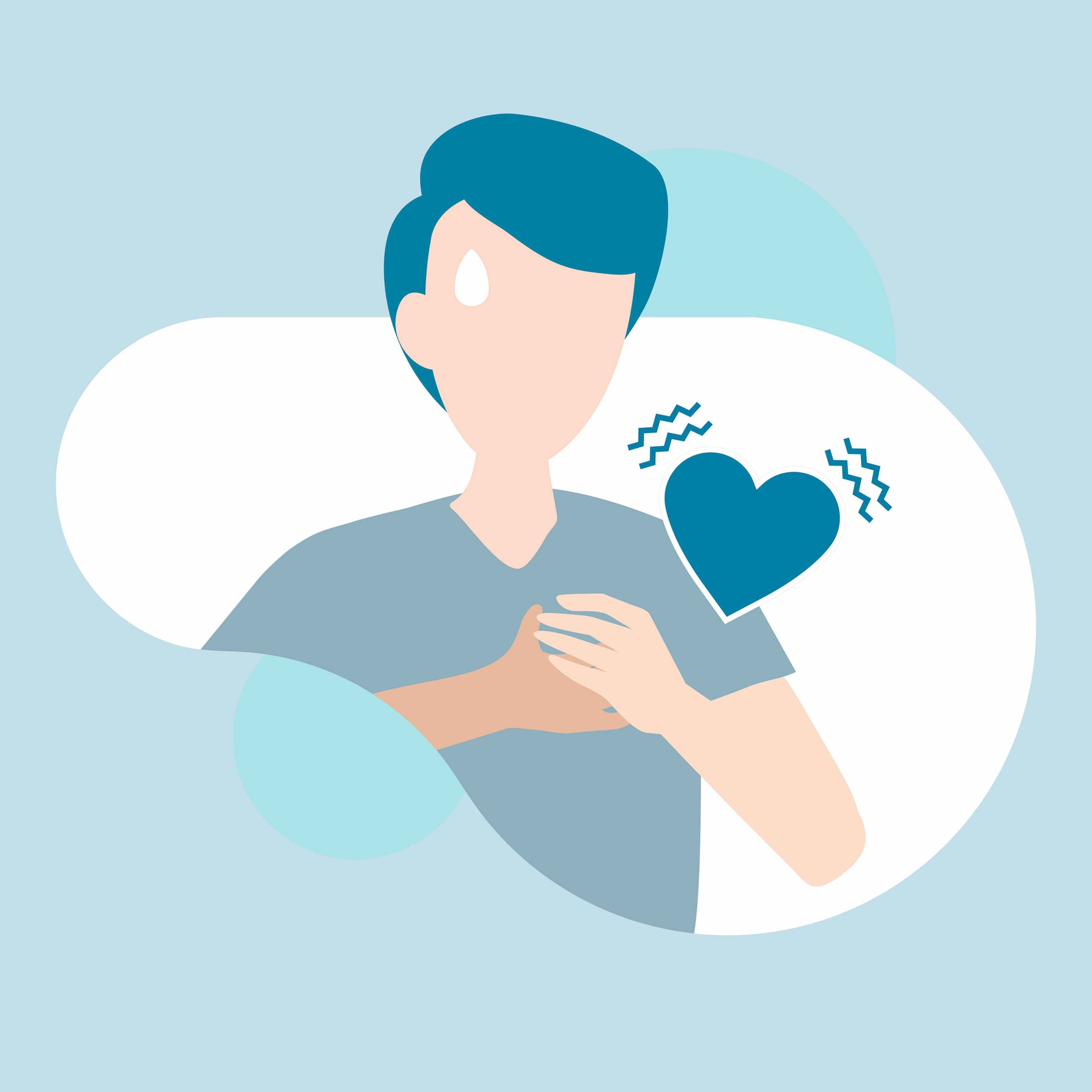
Heart attack: A dangerous condition that can be prevented with lifestyle changes.
Understanding Heart Attack: Causes, Symptoms, and Treatment
A heart attack is a critical medical emergency that occurs when blood flow to the heart is blocked. This blockage can severely damage the heart and may even be fatal. However, by understanding the causes, symptoms, and available treatments, you can improve your heart health and prevent future risks.
What Causes a Heart Attack?
The heart is a vital muscle that requires a continuous supply of blood. The coronary arteries carry this blood. If one of these arteries becomes blocked, the heart muscle loses oxygen, leading to a heart attack.
Several factors contribute to a heart attack, including:
- Coronary artery disease
- High blood pressure
- High cholesterol
- Diabetes
- Smoking
- Obesity
- Family history
Addressing these factors can significantly reduce the risk of a heart attack.
Symptoms of a Heart Attack
Heart attack symptoms vary among individuals. Some people experience intense chest pain, while others may feel mild discomfort.
Additional symptoms include:
- Shortness of breath
- Nausea or vomiting
- Sweating
- Feeling lightheaded or faint
- Pain in the arm, shoulder, neck, jaw, or back
If you experience any of these symptoms, seek immediate medical attention.
How is a Heart Attack Diagnosed?
A heart attack requires immediate medical attention. If you suspect you or someone else is experiencing one, call 911 or your local emergency number. Doctors diagnose a heart attack based on symptoms and tests like an electrocardiogram (ECG) and blood tests.
Treatment Options for a Heart Attack
Treatment for a heart attack depends on its severity. Doctors often prescribe medications to dissolve blood clots and relieve pain. In some cases, surgery may be necessary to open the blocked artery.
After the heart attack, doctors will develop a treatment plan that may include medications, lifestyle changes, and physical therapy to support heart function.
How to Prevent a Heart Attack
Prevention plays a key role in reducing the risk of a heart attack. Here are some effective prevention strategies:
- Manage blood pressure: Keeping blood pressure within a healthy range helps lower the risk of a heart attack.
- Control cholesterol levels: High cholesterol can contribute to artery blockages, so monitoring levels regularly is important.
- Monitor and manage diabetes: Keeping blood sugar levels in check helps protect heart health.
- Quit smoking: Smoking damages blood vessels and raises the risk of heart attacks.
- Maintain a healthy weight: Obesity is a major risk factor for heart disease and heart attacks.
- Follow a nutritious diet: Eating heart-healthy foods supports cardiovascular health.
- Engage in regular exercise: Exercise strengthens the heart and reduces the risk of heart disease.
By adopting these strategies, you can significantly lower your risk of heart attacks and improve your overall health. Regular checkups with your healthcare provider are also important for monitoring heart health.
Conclusion
A heart attack is a serious medical emergency that you can often prevent. If you experience heart attack symptoms, seek immediate medical help. By taking preventive measures such as managing blood pressure, controlling cholesterol, quitting smoking, and maintaining a healthy lifestyle, you can reduce the risk of heart attacks. These changes can improve your heart health and help you lead a longer, healthier life.
For More Information Click here


